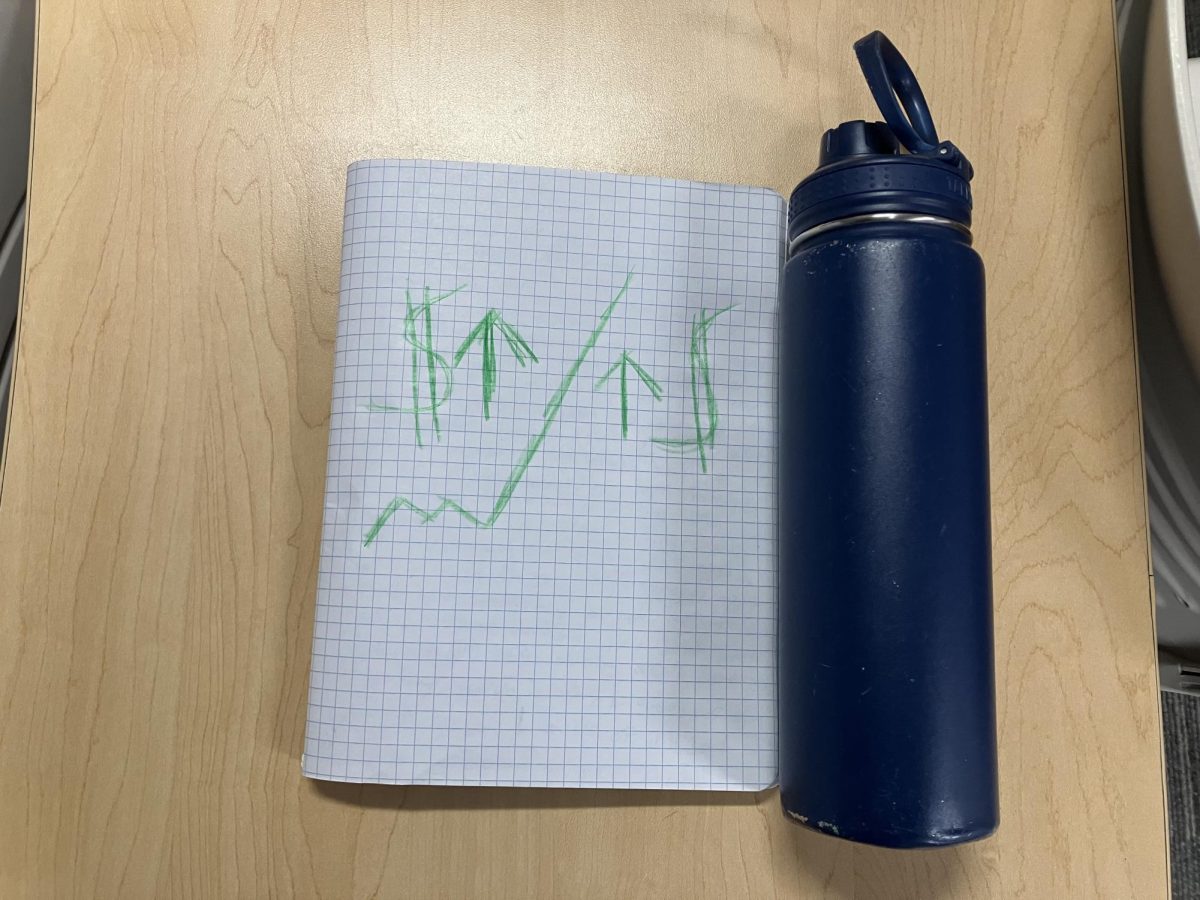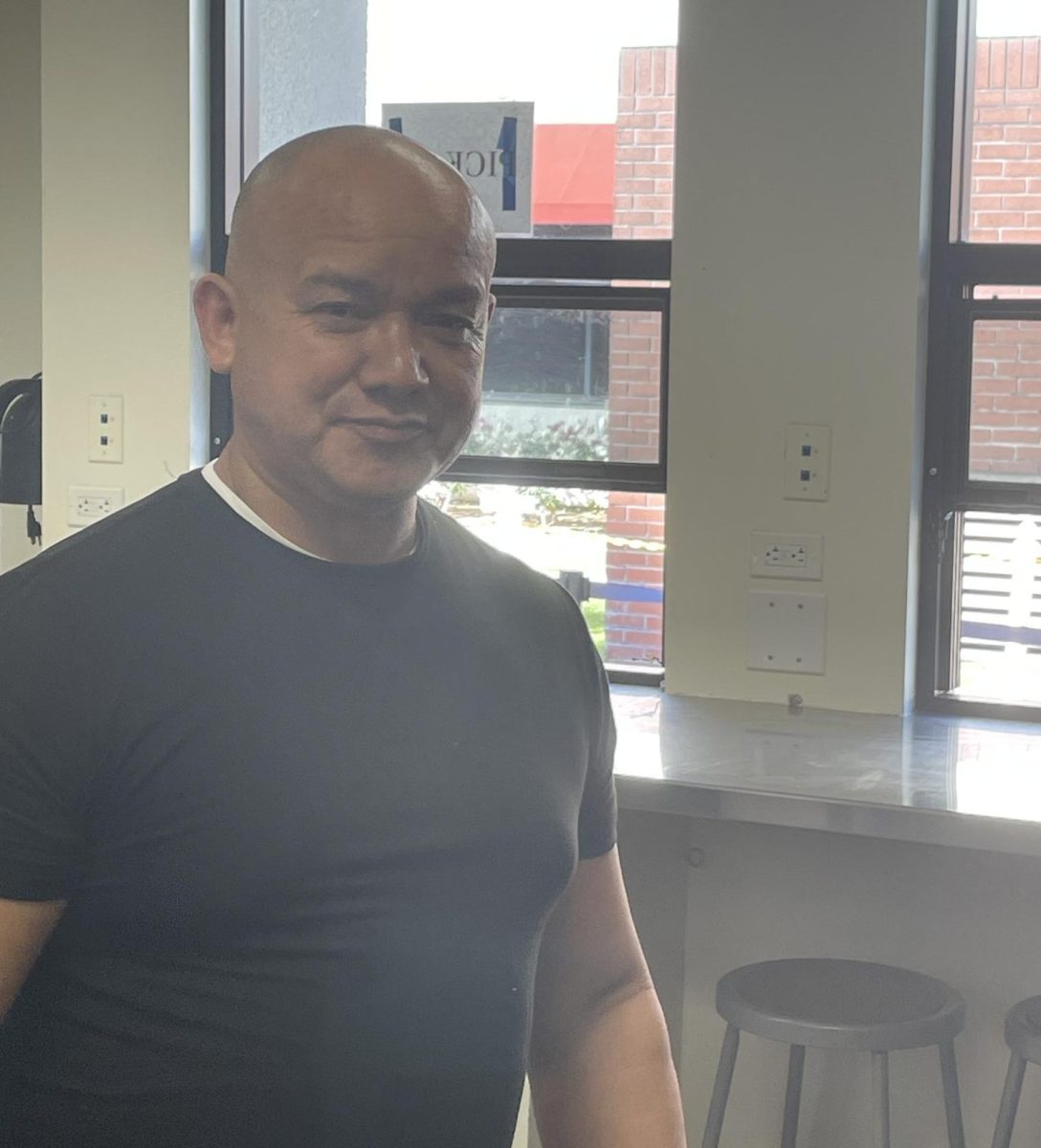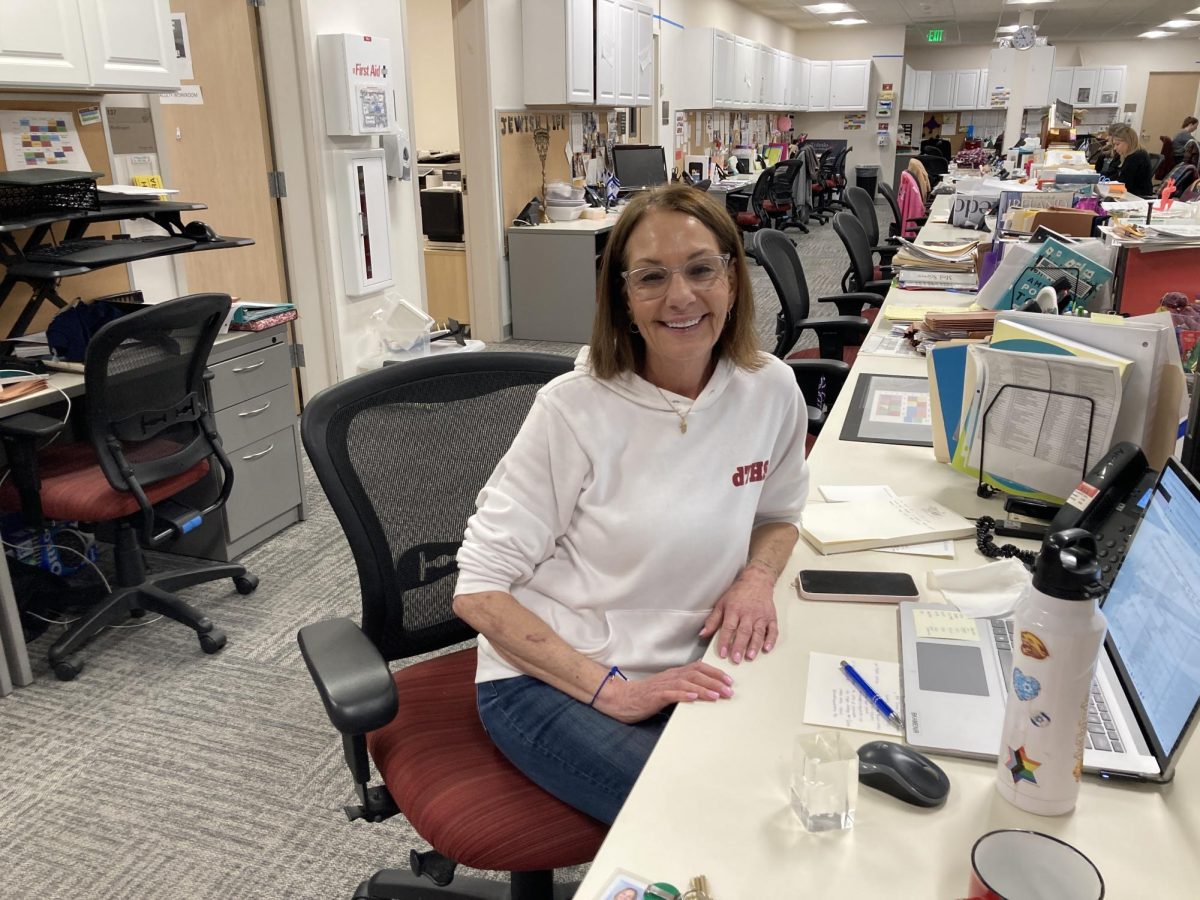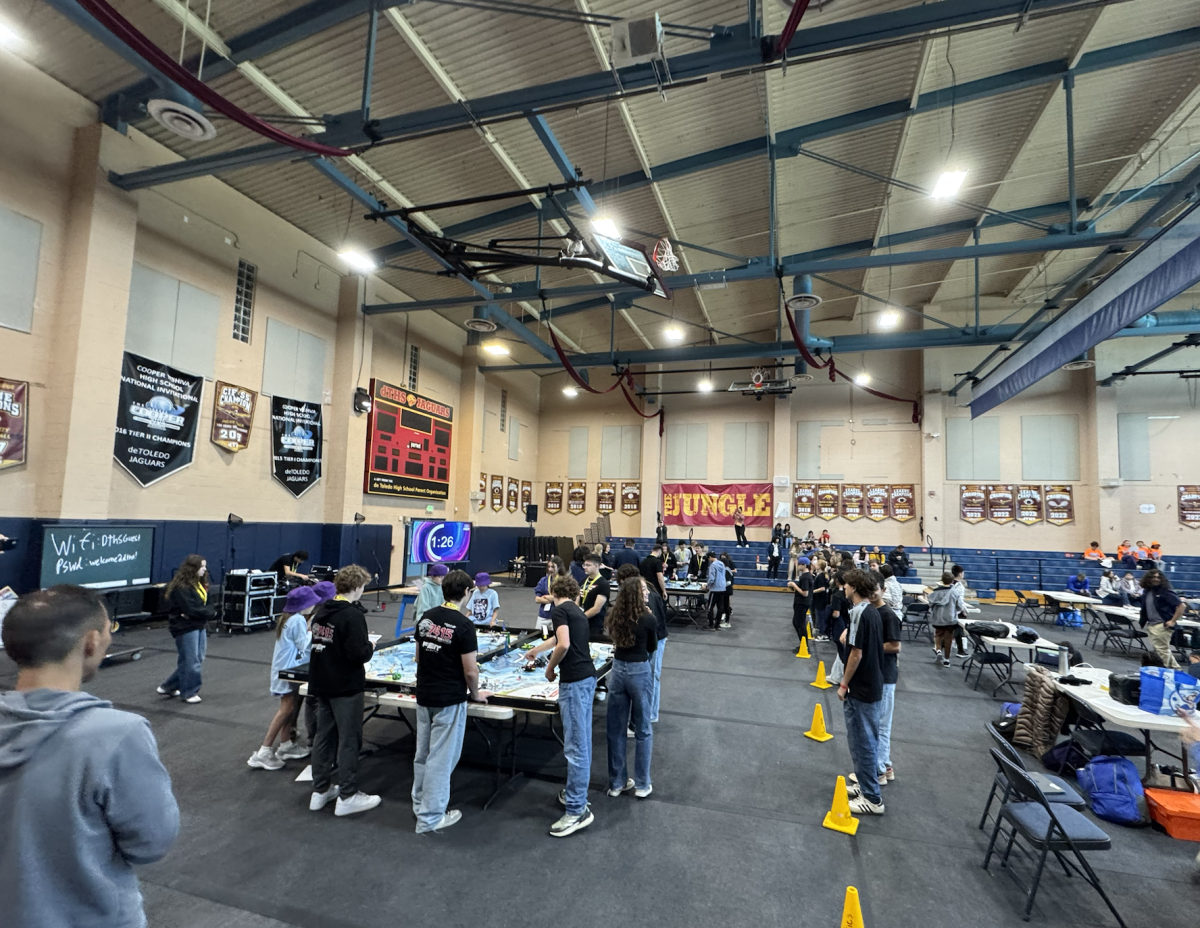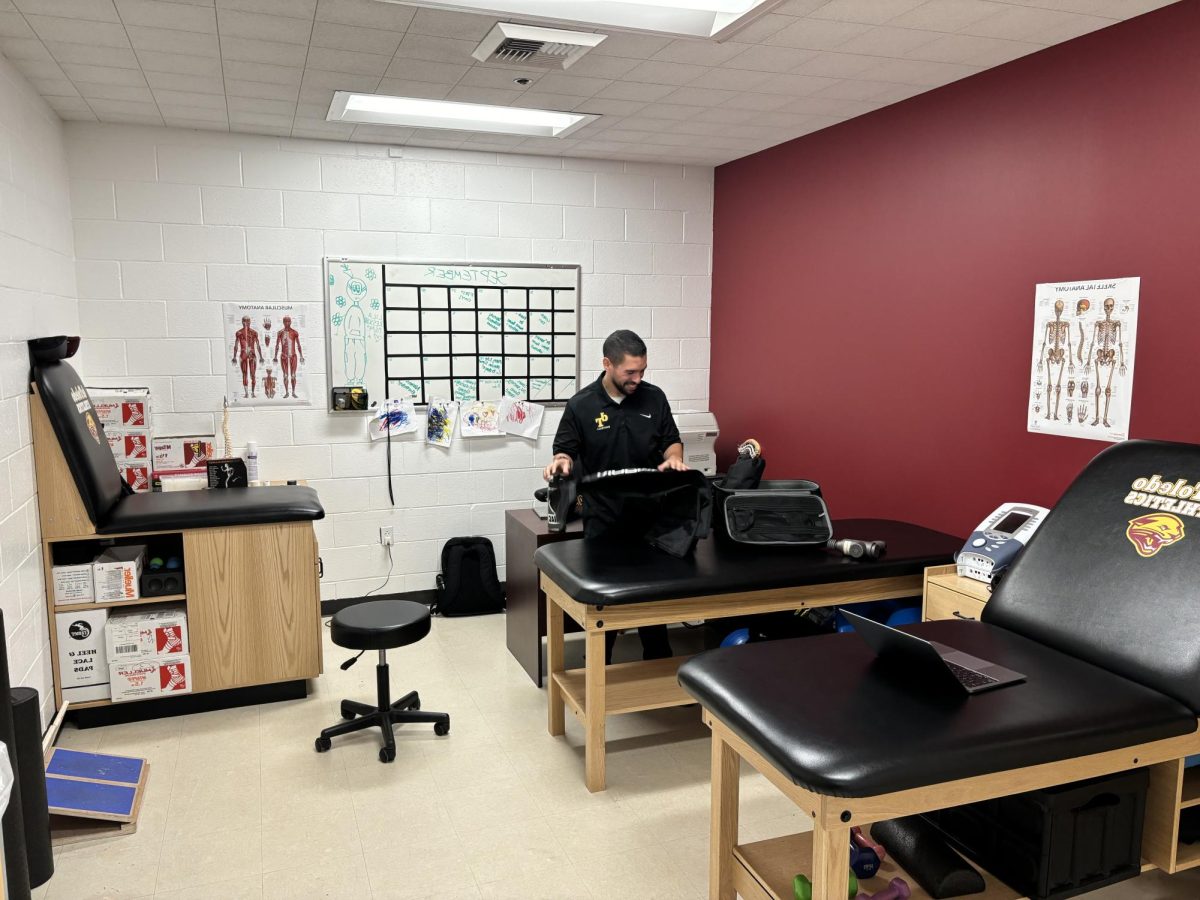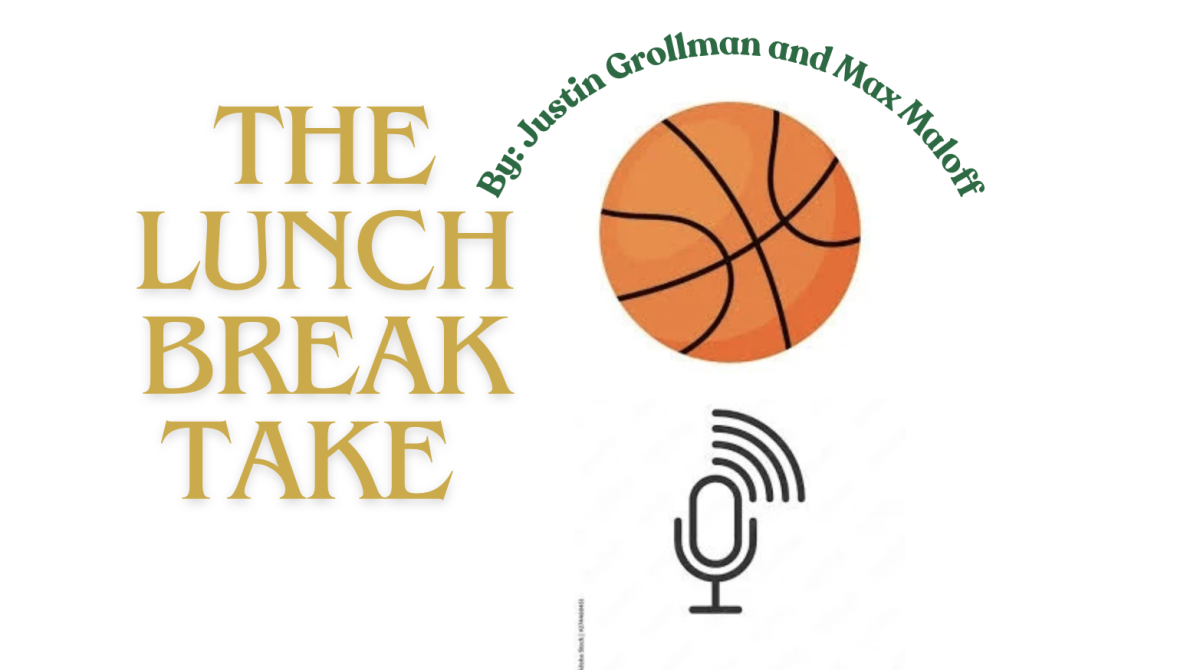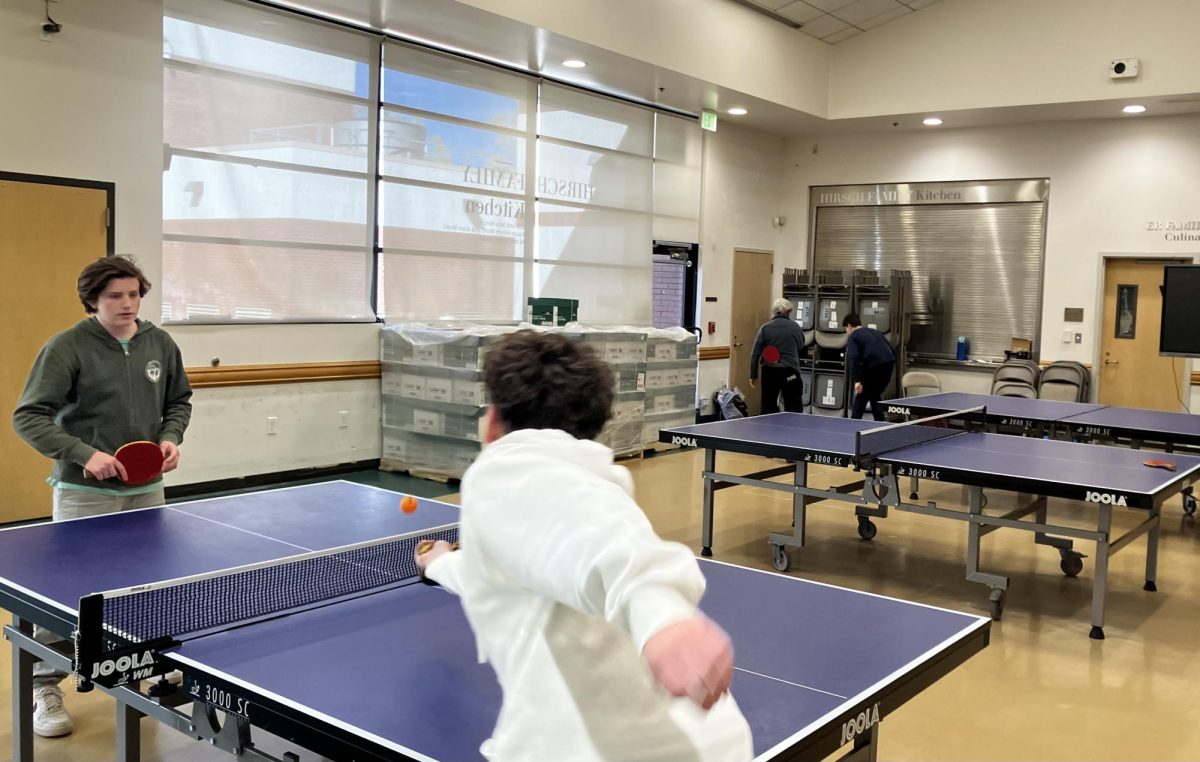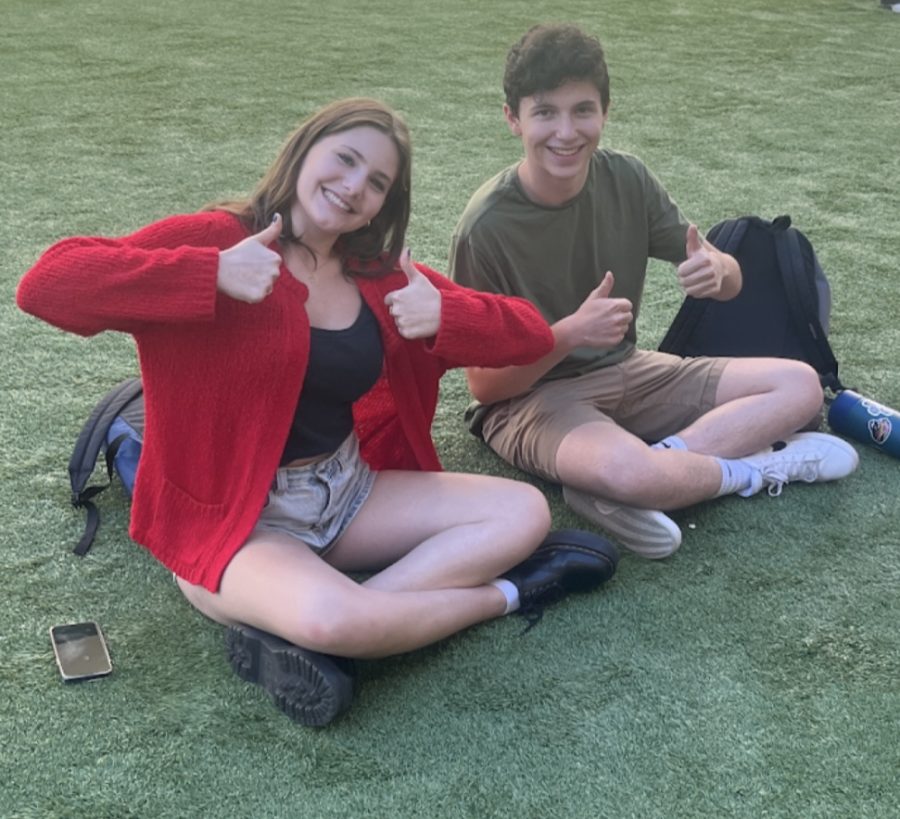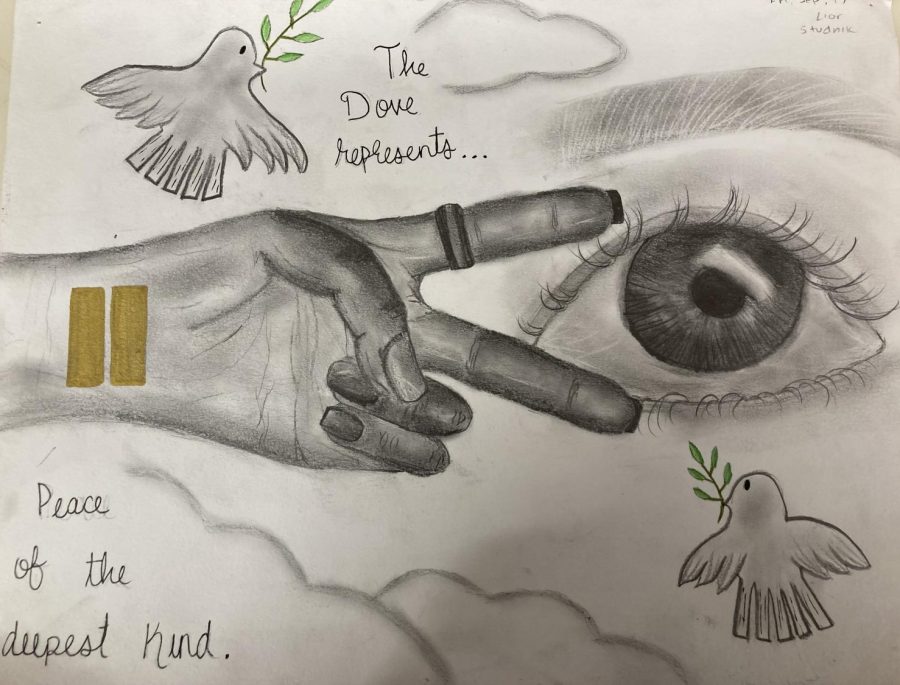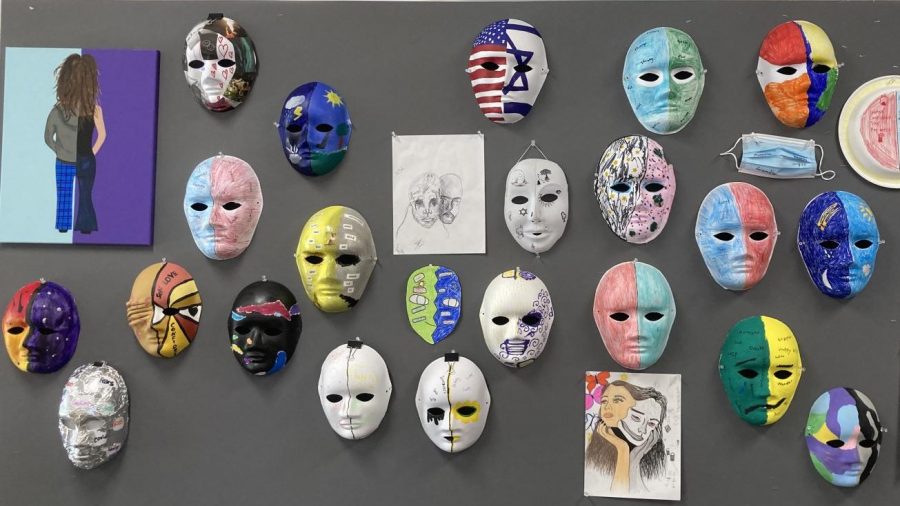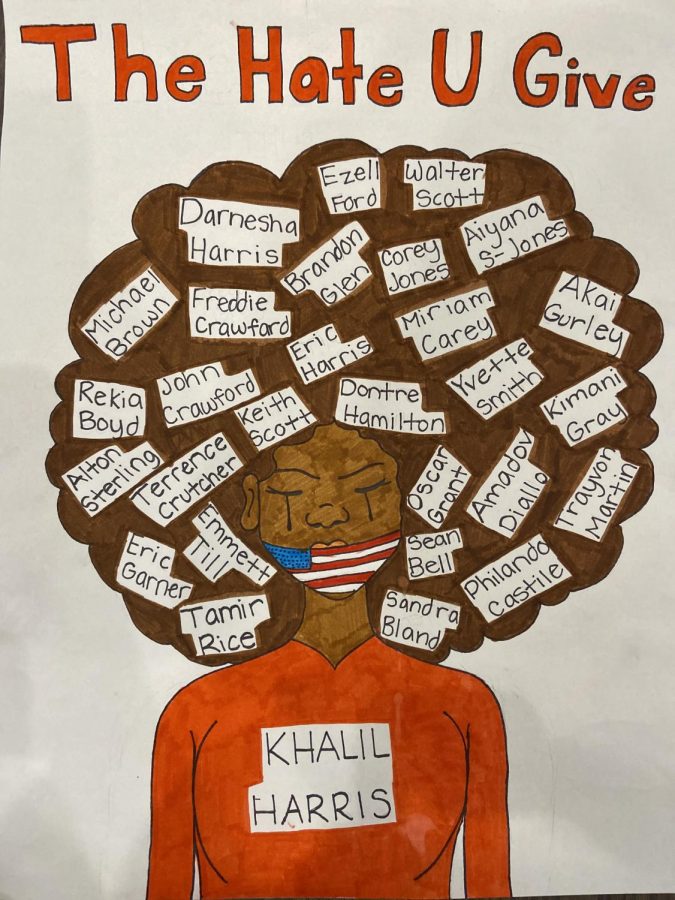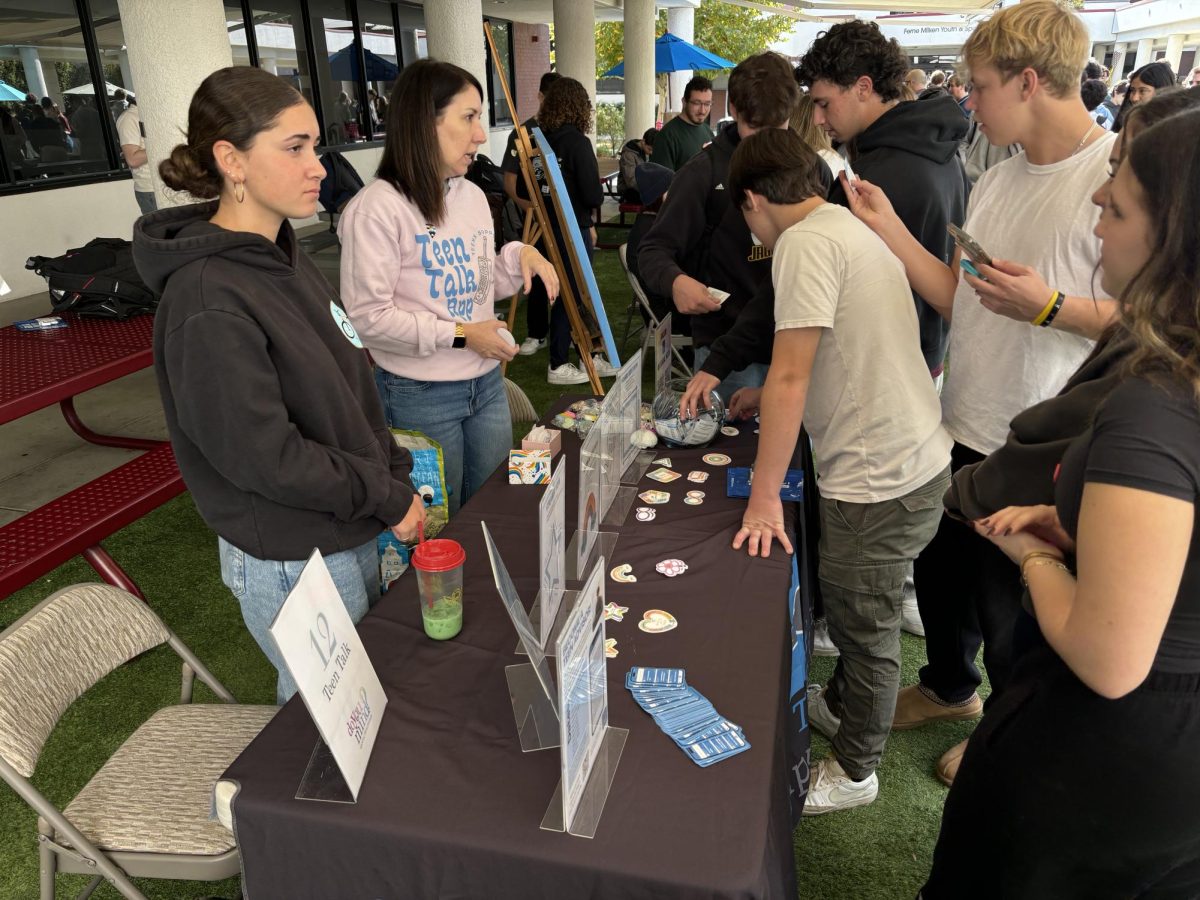Believing in God Is Hard
June 14, 2018
I wanted to ask my peers (teenagers in Jewish private school) how they perceive God, and the impacts God has on their daily lives. What does God mean to them? Do they have a relationship with God?
Studying at de Toledo High School, an organization with a powerful sense of religion and community, I had certain preconceived notions about the answers to these questions – assumptions I thought were reasonable and justified.
I was wrong.
To my amazement and discontent, the results of the study showed that the majority of de Toledo students do not believe in God. While some joked around, answering my questions with a mocking “Hail Satan,” others were more sincere and actually spent time articulating their thoughts.
I spoke to about thirty students, and only 20% or 6 students overall alluded to the fact that there is a higher power in this world.
“Well, I pray to him when I need something good to happen,” said one junior. “I believe that [God] can help us, and though he might not be able to grant wishes, he can make us believe and strive for what we want.”
The other 80% or so (disregarding the humorous commentators) exclaimed that they don’t believe in any God whatsoever.
Being a millennial with a belief in God, I wondered if I saw the concept of religion in a different light than the majority of young people my age, and pondered whether or not I was an outsider due to my religious beliefs.
Before making any rash conclusions, I decided to see why exactly why pure-minded 13 to 18-year-olds do not believe in God. In an NPR study titled “More Young People Are Moving Away From Religion, But Why?” David Greene, host of the popular Morning Edition, interviewed young people of various religious backgrounds in The Sixth and I Historic Synagogue in Washington D.C.
Liz Reeves, a 29-year-old Jewish female, spoke about her brother, who passed away from cancer:
“I wanted so badly to believe in God and in heaven… I wanted to have some sort of purpose and meaning associated with his passing… The more time I spent thinking about it, I realized the purpose and meaning of his life had nothing to do with heaven, but it had to do with how I could make choices in my life that give his life meaning.”
While I do agree with Liz somewhat, there was something that was unsettling about the idea that she tried to find God in a time of helplessness. As the dTHS junior indicated, God seems to be a concept that people fall back on in hard times. Instead of always looking toward religion for advice and living life as if God is always watching, millennials tend to look for God only when troubled.
To combat this idea, I looked at the Jewish practice of Tikkun Olam to assist in my comment on Liz’s answer. Tikkun Olam is a concept in Judaism, interpreted by unorthodox sources as the aspiration to behave and act constructively and beneficially, making the world a better place. The act of Tikkun Olam is and always has been performed by human beings, not any other power, and that is the precise reason I disagree with Liz.
God has given humans the world, and ultimately, we have two options: to better it or to make it worse. When someone has a severe wound and they go to the hospital to receive medical aid, the doctors stitch the wound, help it heal, and prevent possible infection. The act of helping another human being may actually not have anything to do with God at all.
Many things are actually in people’s hands and not in God’s power. Therefore, it is the perception of God that students fail to understand, which actually separates the 20% from the majority in this case. Educated and knowledgeable as most young people are with the aid of the Internet and publicly broadcasted news, students in today’s world believe that God should save them in times of trouble, knowing that if their problems are not solved, their faith in God will lessen.
Religion can be extremely useful for millenials and is especially crucial for teenagers going through high school because it gives a sense of hope when life is hard. Understanding that there is a higher power and that one person cannot do everything: this is useful, and can show us that some things are our responsibility, while some are in the hands of others.
Reviewing the long-term effect of such actions, however, young people, who have proven to be easily susceptible to future trauma after encountering times of trouble during youth, are less likely to have religion as a cushion when encountering adulthood.
I am a firm believer in the idea that religion can be a wholesome factor in a person’s life. Nevertheless, with the embracing of religion comes a distance from modern society’s televised view of what God really is and what God’s role is in our modern day life.
God doesn’t just magically heal a bullet wound. Medical professionals do, and it is for that reason exactly that we should not use the bad things to justify our lack of faith in God.
Maybe God does not affect every single thing we do. Because if God did, we wouldn’t need to heal each other. We wouldn’t need to heal the world. Those responsibilities define human greatness. Without them, what would be the purpose of life?

